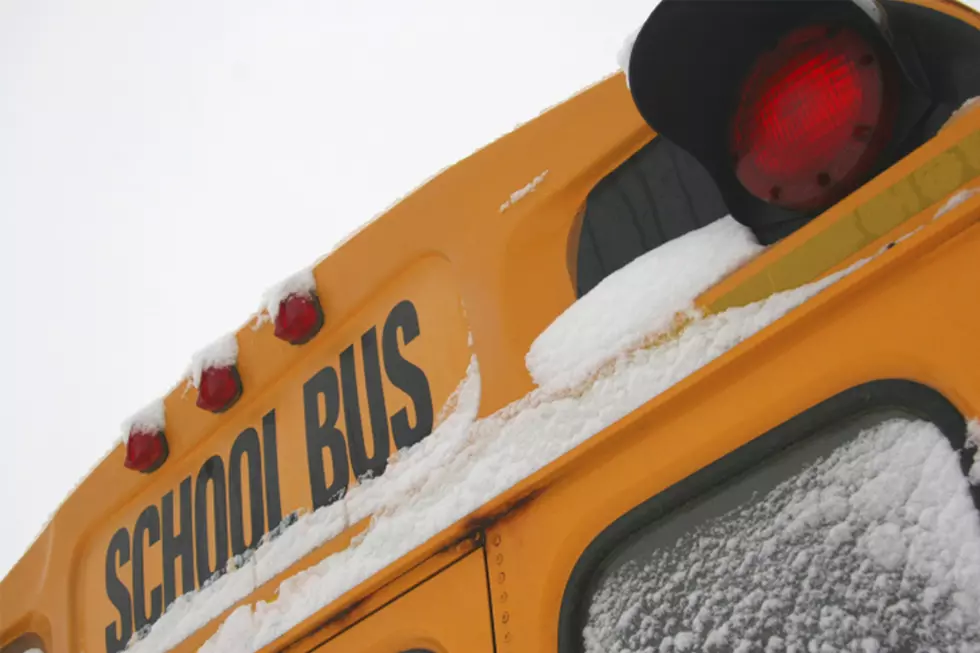
Should Twin Ports Area Schools Do Away With Snow Days?
As a student, there are few joys that exceed a snow day. Not having to go to school and having a bunch of snow to go out and play in seems like a double-win for most young people. From an adult perspective, however, foul weather is generally not as much fun.
For parents, a snow day often means scrambling to figure out what to do with the kids, especially if the children are younger. For educators, the unscheduled days off throw a wrench into course schedules and sometimes lead to extra days tagged on to the end of the school year.
In a vastly more connected world, the idea of moving "snow days" into an online classroom is being floated around. One school district in South Carolina is actually trying an e-learning program to eliminate snow days starting this year. In this program, students would be able to access assignments via school-provided Chromebooks. The program goes a step further, saying that students unable to complete work due to technology issues would be given a five-day grace period to complete work.
Along with the ability to complete coursework at home, teachers would be available to help students remotely and can also monitor progress on coursework. While students can work on classwork on their device without an internet connection, communicating with teachers would require an internet connection.
The idea of moving snow days online was even discussed in the Minnesota Legislature in 2017. While educators generally like the idea of bringing technology into the picture to keep the learning process going, concerns about equal accessibility for all students (device/internet access) and quality of learning using this type of technology were chief among questions in need of solid answers before it would receive a full stamp of approval from educators.
Some of the concerns raised by Minnesota educators seem to be addressed by the plan put in place in South Carolina. Sure, the number of ice and snow days is probably less in South Carolina than it would be in Minnesota or Wisconsin, but the concept seems to address many of the concerns brought up by Minnesota educators (assuming the local school adopting the plan has some form of laptop/tablet availability for students).
With all of those factors considered, should Twin Ports area schools consider a plan like the one this South Carolina school is going to try this year?
More From MIX 108









